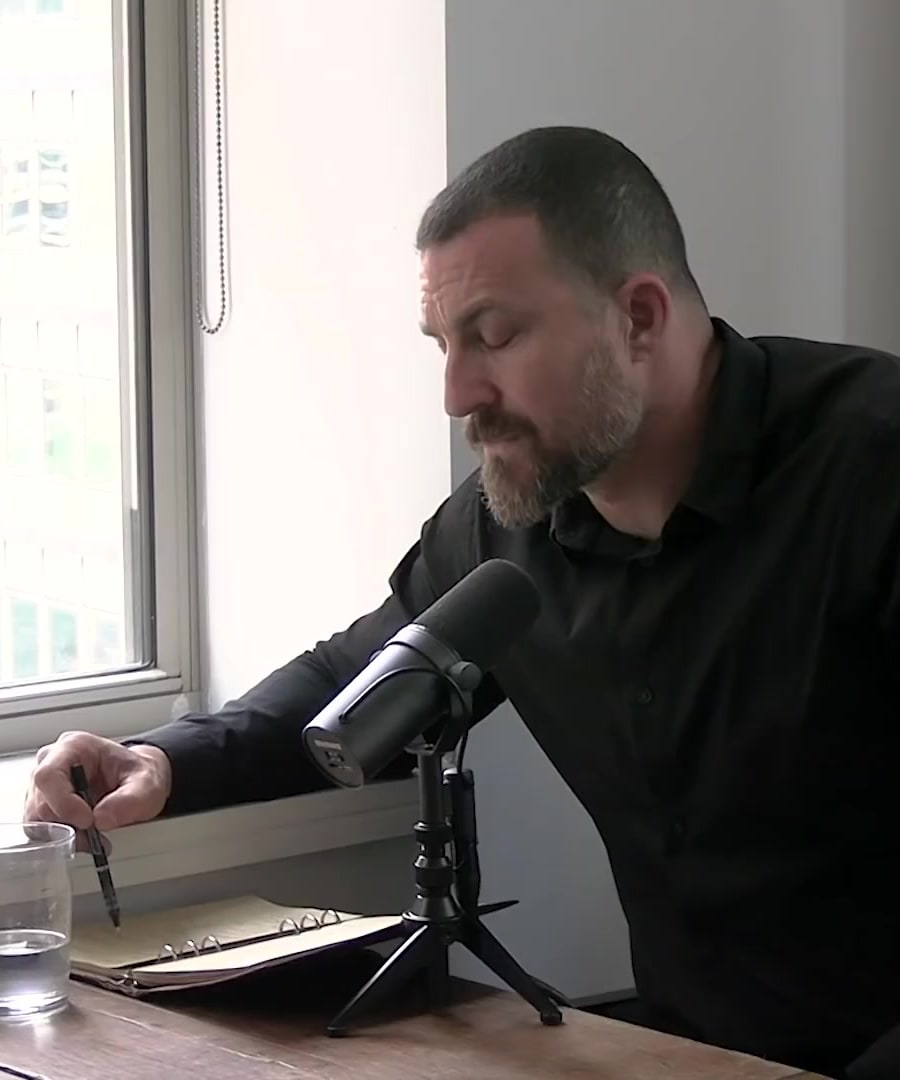Myths surrounding pineal gland?
Sources:
One myth surrounding the pineal gland is that it calcifies as we get older and that this calcification negatively affects sleep. and discuss this myth in an episode of the . They note that while some calcification around the pineal gland can occur due to its proximity to bony structures in the brain, there is no clear evidence to suggest that this has a negative impact on sleep functions. Moreover, believes this idea might be more of an internet wellness myth rather than one based in scientific evidence. They also suggest that if the pineal gland were not functioning properly, it would be reflected in abnormal melatonin levels, which is an easy thing to measure 1.
has also addressed various theories about the pineal gland, including some unconventional ones regarding fluoride and its supposed depletion of the pineal gland. He mentioned that there are many theories, some of which are completely false, others with some merit, and some that are beginning to gain data within the scientific community. He plans to address these theories in future discussions, noting that any claims about peptides affecting the pineal gland's function for longevity are based largely on animal data, and there is still a lack of direct clinical trial evidence in humans 2.
Additionally, the idea that there's extraocular light reception in humans (receiving light information through skin or other body parts) has been debunked. The only way to get light information to all cells in the body, which is crucial for setting circadian rhythms, is through viewing sunlight with the eyes 3.
RELATED QUESTIONS


